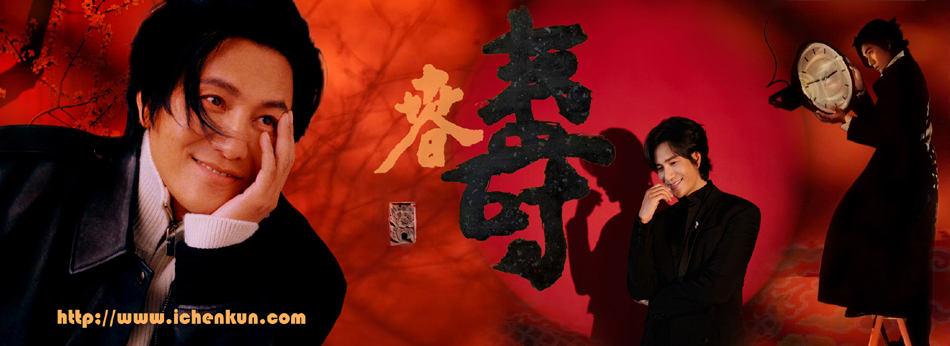- 个人主页
- 性别
- 男
- 分享
- 0
- 精华
- 1
- 积分
- 281
- 主题
- 46
- 相册
- 0
- 好友
- 0
- 记录
- 0
- 日志
- 0
- UID
- 14181
- 阅读权限
- 100
- 听众数
- 0
- 收听数
- 0
- 买家信用
 - 卖家信用
 - 最后登录
- 2012-2-28
- 在线时间
- 54 小时
- 点数
- 329 点
- 帖子
- 271
- 注册时间
- 2007-5-3
- 点数
- 329 点
- 帖子
- 271
- 注册时间
- 2007-5-3
|
本帖最后由 幽篁听箫 于 2017-8-12 16:59 编辑
Mystery Of Faulty Memory
From The Korea Herald
By JEONG HYEON-JI
A KOREAN scientist said on Wednesday he has discovered the mystery of why some people claim to remember something that never really happened. Whether a memory is fact or fiction depends on where in the brain it is stored, Kim Hong-keun, a neuroscientist and professor at Daegu University told The Korea Herald.
Kim and fellow researcher Roberto Cabeza of Duke University in Durham, North Carolina, unveiled the mystery behind false memories in their thesis titled “Trusting Our Memories: Dissociating the Neural Correlates of Confidence in Veridical vs Illusory Memories”. Their report was published in the weekly Journal of Neuroscience on Wednesday.
Their study is expected to help doctors better assess changes in people’s memory that accompany ageing, and could possibly lead to breakthroughs in the diagnosis of Alzheimer’s disease, Kim said. In order to understand the mechanism behind false memories, Kim and Cabeza took functional magnetic resonance imaging (FMRI) of the brains of 16 healthy volunteers in North Carolina. The test, which shows the brain’s activity in real-time, revealed that a different part of the brain was activated upon storing faulty memories and fact.
“We showed the volunteers four cards – a horse, chicken, sheep and goat. After about 10 minutes, we asked them if they saw the word ‘cow’. And people would often falsely remember cow,” he said.
They found that people who were highly confident in their false memory showed increased activity in the frontal parietal network of the brain whereas the medial temporal lobe of the brain was activated when storing facts and details of a memory. Kim, a pioneer in memory impediments, developed the nation’s first memory testing device “Rey-Kim” in 1999. He hopes to continue this research and establish a rehabilitation process to improve patients with memory impairments. – The Korea Herald/ANN
|
|
|
我本不欲生,忽然生于世,我本不欲死,忽然死期至。世间一切有为法,如梦幻泡影,如露亦如电,应作如是观
|
